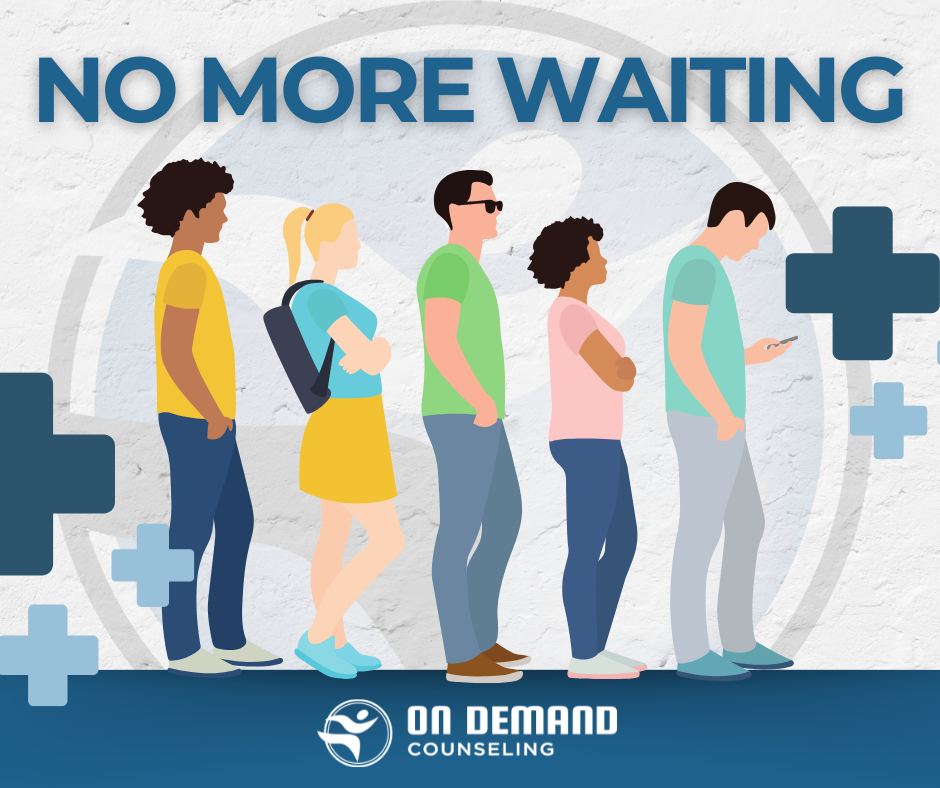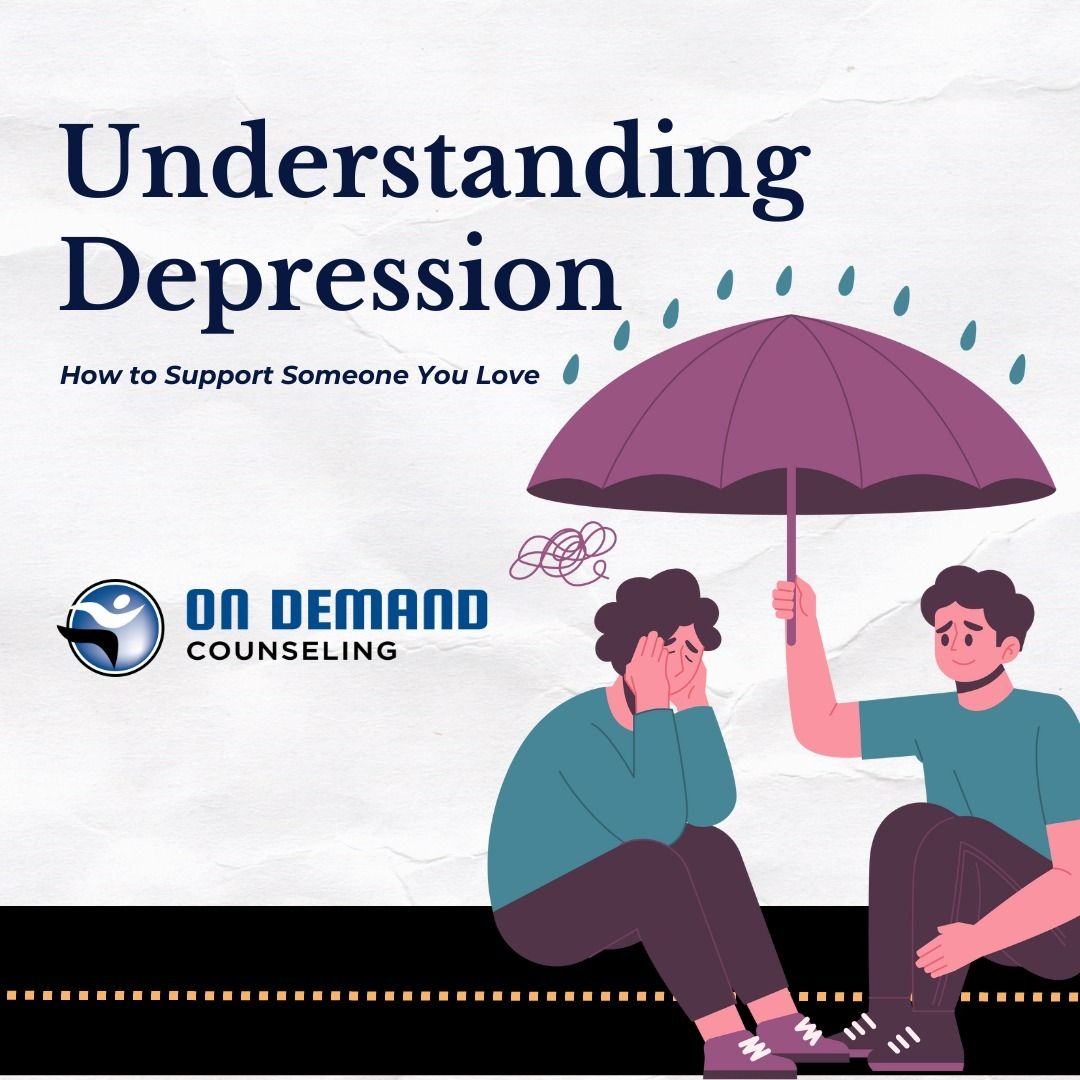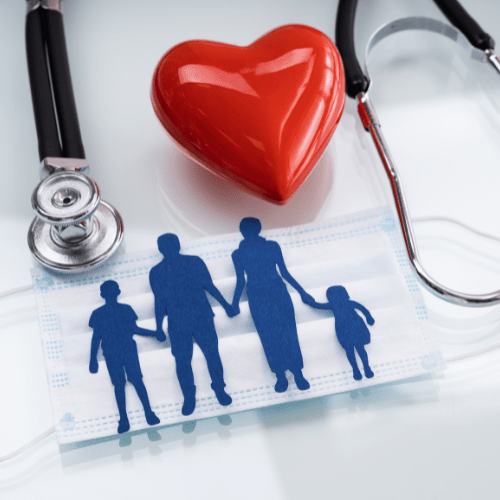Connection Between Trauma and Substance Abuse
 Something that still is not fully understood by the general population is that addiction is not a moral issue or a simple matter of choice. The propensity towards harmful alcohol or drug use is often precluded by a history of trauma, mental illness and genetic and social influences. For some people, resisting temptation is a huge challenge already, and this is further perpetuated by a seemingly irresistible desire to numb or dull the emotions.
Something that still is not fully understood by the general population is that addiction is not a moral issue or a simple matter of choice. The propensity towards harmful alcohol or drug use is often precluded by a history of trauma, mental illness and genetic and social influences. For some people, resisting temptation is a huge challenge already, and this is further perpetuated by a seemingly irresistible desire to numb or dull the emotions.
Even someone with a chronic, longstanding substance use disorder has the tools within them to resist their impulses, but it takes a lot of hard work and professional guidance. Adult trauma, adverse childhood experiences, mental health issues and certain genetic and environmental traits make resisting the impulse to abuse drugs and alcohol much harder.
Is There a Connection Between Trauma and Substance Abuse?
There is a connection between trauma and a whole host of health problems, including a strong correlation with substance use disorders. Drug and alcohol abuse might feel like fun for a little while, but mostly it is just devastating for the sufferer and the people around them.
Addiction tricks the brain’s reward system into looking for short-term fixes to find any way possible to numb difficult emotions. People who have been through experiences they feel unable to cope with are at a greater risk of falling victim to this mechanism.
Traumatic Events Vary Between Individuals
Another myth that exists in public opinion is the idea that only the most extreme experiences, such as sexual assault, lead to trauma. The effects of trauma from childhood abuse are thought to have the biggest role, because they occur while the brain is developing. However, abuse, neglect and other traumatic experiences do not all look the same.
Some people are genetically predisposed to being more impulsive, sensitive and neurotic than others. A person with traits like these might be traumatized by an experience that someone without these traits would not be. Therefore, it is important to understand that even seemingly ordinary events can be traumatic for some people.
Examples of Traumatic Experiences
Some of the examples of traumatic experiences we commonly see in clinical practice include:
- Sexual abuse
- Community violence
- War
- Domestic violence or witnessing domestic abuse
- Exposure to criminal behavior
- Childhood neglect
- Natural disasters
- Physical abuse
- Loss or death of an intimate partner or close family member
- A car accident
- Illness
- Moving to a new location
- Parental abandonment
- Witnessing a death
- Hearing about a loved one’s traumatic experience
Childhood Trauma Changes in the Brain
Your childhood experiences shape your brain directly, with connections between neurons developing, growing stronger or breaking depending on what happens around you. Child abuse fundamentally changes the way the brain forms. As such, people who have trauma-related stress crave dissociation and will go to great lengths to try to numb or dull the stress.
If children have not learned healthy ways of coping with stress, such as exercise, healthy eating and good sleeping patterns, the chances of them turning to substance abuse are higher.
The Link Between Childhood Trauma and Addicted Adults
The prevalence of substance abuse problems in people who have experienced trauma makes it unlikely to be a coincidence. In addition to the brain development theory, there is a simple explanation for the link between childhood trauma and adult addiction: When children don’t feel supported sufficiently by their families as young people, they learn to self-soothe.
If self-soothing behaviors are not guided toward healthy methods, there is a strong chance the victim of abuse will self-medicate through drug or alcohol use as an adult.
Post-Traumatic Stress Disorder and Addiction
In health care settings, there is another type of trauma that is often seen as a major contributor to substance use disorders. Comorbidity of alcohol and drug addiction among people with PTSD is high. This means that even trauma we sustain as adults can have a debilitating impact on the way we regulate stress and our emotions. Some PTSD symptoms include:
- Intrusive memories
- Avoidance
- Negative changes in mood and thinking
- Changes in emotional and physical reactions
- Intensity of symptoms
- Suicidal thoughts
What Is Trauma-Informed Addiction Treatment?
The best addiction treatment programs offer trauma-informed therapy because cutting-edge science suggests trauma is at the heart of the problem. A mixture of psychiatry, psychotherapy and counseling are the treatment approaches clinicians use to help someone develop the coping mechanisms necessary to overcome addiction.
There is no one-size-fits-all substance abuse treatment, so for most people, a mix-and-match approach works. Inpatient or outpatient rehab is the ideal place to try out various treatments and find out what is best suited to your needs.
Mental Health and Addiction
Not all SUDs are caused by trauma. In some cases, other co-occurring mental health disorders are indicated as a leading factor. For other people, witnessing close family members abuse substances or peer pressure combine with certain genetic risk factors to lead to addiction.
While a dual diagnosis of an SUD with a co-occurring disorder such as PTSD or bipolar might feel daunting, it is a huge benefit for treatment. By addressing the trauma and addiction separately, we have helped thousands of people overcome their struggle with substance use disorders.
Learn More About Trauma and Addiction Recovery
On Demand Counseling provides outpatient addiction treatment services with a full understanding that addiction is not a moral issue. It is a medical condition that can be the result of trauma, mental illness and a variety of other genetic and environmental factors. The good news is we can help you overcome it. Call us today at 330-270-8610 to find out how to start the recovery journey with us.
Quick Links

Contact Us
We’re here to assist you. Contact our dedicated support team for any inquiries or assistance you may need.






